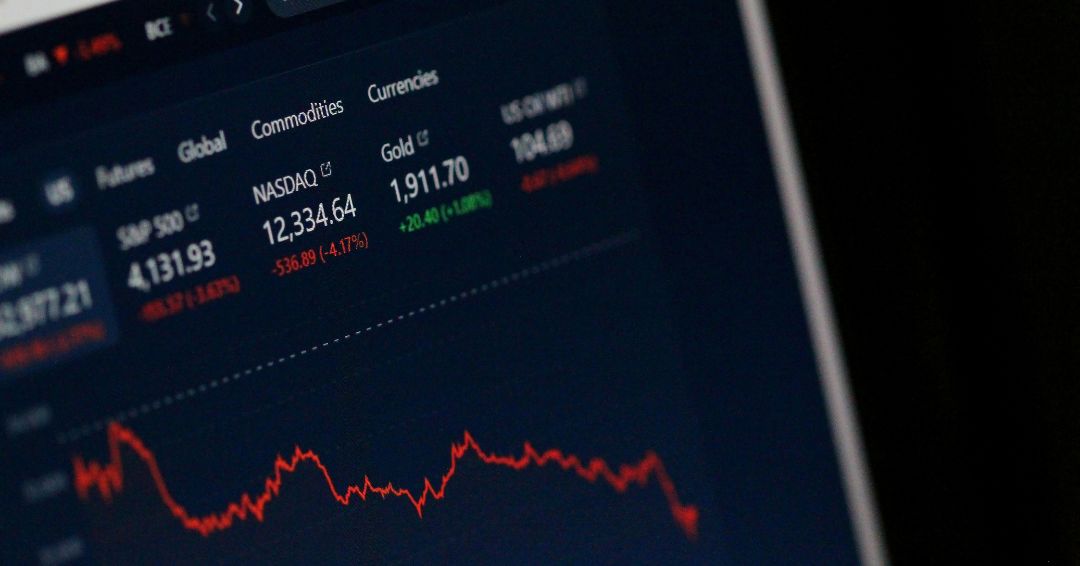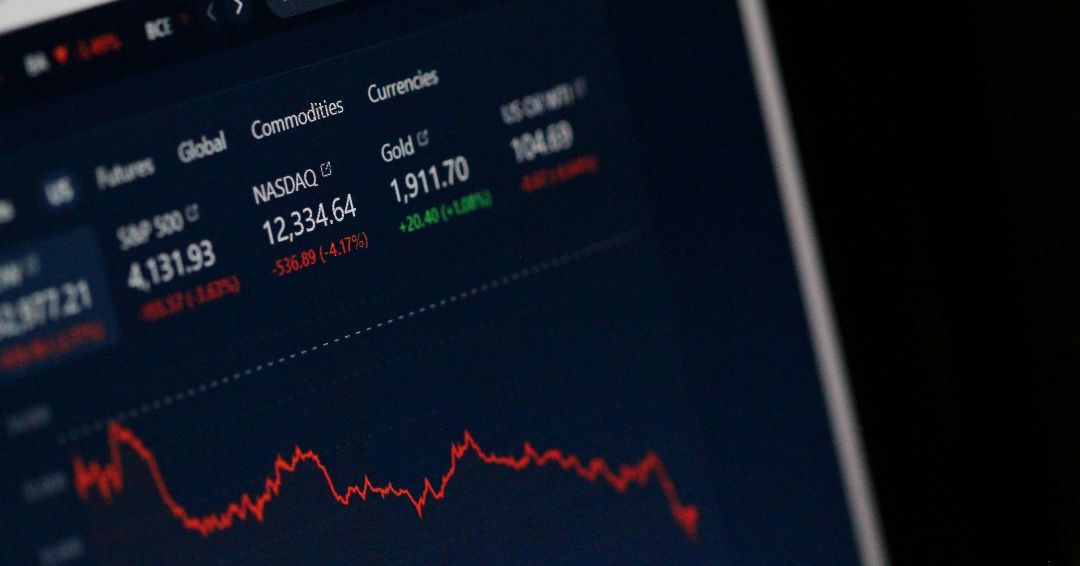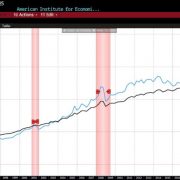
Asian equity markets exhibited a mixed performance on Wednesday as investors continued to monitor President Donald Trump’s latest trade policies and assessed the implications of Federal Reserve Chair Jerome Powell’s recent remarks on interest rates.
The prospect of escalating trade tensions, particularly Trump’s announcement of 25% tariffs on imported steel and aluminum, has created uncertainty in the region.
While South Korea and Japan are significant exporters of steel to the US, the overall impact on their economies may be limited due to their diversified export portfolios.
Regional market performance: Nikkei gains, Hang Seng surges, Shanghai slips
Japan’s benchmark Nikkei 225 rose 0.2% in afternoon trading to 38,864.96.
Australia’s S&P/ASX 200 gained 0.4% to 8,519.40. South Korea’s Kospi edged up 0.3% to 2,546.41.
Hong Kong’s Hang Seng jumped 1.6% to 21,626.80, as excitement over DeepSeek continued, although market watchers are wondering when the rally might peak.
The Shanghai Composite slipped less than 0.1% to 3,317.83.
The moves on Wall Street were modest not only for US stocks but also in the bond market, where Treasury yields rose by only a bit.
The potential for a trade war remains a significant concern, with analysts acknowledging the potential for increased prices for US consumers and broad economic disruption.
A negotiating tactic? Trump’s past actions offer hope
However, trading activity has remained relatively calm, partly due to Trump’s history of quickly retracting tariff threats.
His earlier decision to suspend planned tariffs on imports from Canada and Mexico suggests that such measures may be primarily used as a negotiating tactic rather than a fixed long-term policy.
That in turn has much of Wall Street hoping the worst-case scenario may not happen.
“The metal tariffs may serve as negotiating leverage,” Solita Marcelli, chief investment officer for the Americas at UBS Global Wealth Management, told Yahoo Finance.
Powell’s cautious stance: no immediate rate cuts
Federal Reserve Chair Jerome Powell reiterated his stance on Capitol Hill Tuesday that the Fed is in no hurry to ease interest rates any further.
The Fed had cut its main interest rate sharply through the end of last year, hoping to give a boost to the economy.
But worries about inflation potentially staying stubbornly high have forced the Fed and traders alike to cut back expectations for cuts in 2025.
Some traders are even betting on the possibility of no rate cuts, in part because of worries about the effects of tariffs.
Powell said the economy and interest rates are in a “pretty good place” and acknowledged the risks of both moving too slowly (potentially damaging the economy) and moving too quickly (potentially fueling inflation).
Economic resilience and corporate profits: a balancing act
Higher rates tend to put downward pressure on prices for stocks and other investments, while pressuring the economy by making borrowing more expensive.
That could be risky for a US stock market that critics say already looks too expensive.
The S&P 500 is not far from its all-time high set late last month.
One way companies can offset such downward pressure on their stock prices is to deliver stronger profits.
And big US companies have been mostly doing just that recently, as they report how much profit they made during the last three months of 2024.
That, though, hasn’t always been enough.
Coca-Cola rallied 4.7% after reporting stronger profit and revenue than analysts expected.
Growth in China, Brazil and the United States helped lead the way.
DuPont climbed 6.8% after the chemical company likewise reported better profit than Wall Street expected.
US market performance on Tuesday
All told, the S&P 500 rose 2.06 points, or less than 0.1%, to 6,068.50.
The Dow Jones Industrial Average rose 123.24, or 0.3%, to 44,593.65, and the Nasdaq composite fell 70.41, or 0.4%, to 19,643.86.
Treasury yields and energy prices
In the bond market, the yield on the 10-year Treasury rose to 4.53% from 4.50% late Monday.
The two-year Treasury yield, which moves more closely with expectations for upcoming action by the Fed, held steady.
It remained at 4.28%, where it was late Monday.
In energy trading, benchmark US crude fell 29 cents to $73.03 a barrel.
Brent crude, the international standard, declined 27 cents to $76.73 a barrel.
In currency trading, the US dollar edged up to 153.64 Japanese yen from 152.43 yen.
The euro was unchanged at $1.0363.
The post Asian shares display mixed performance amidst trade tensions and rate uncertainty appeared first on Invezz




